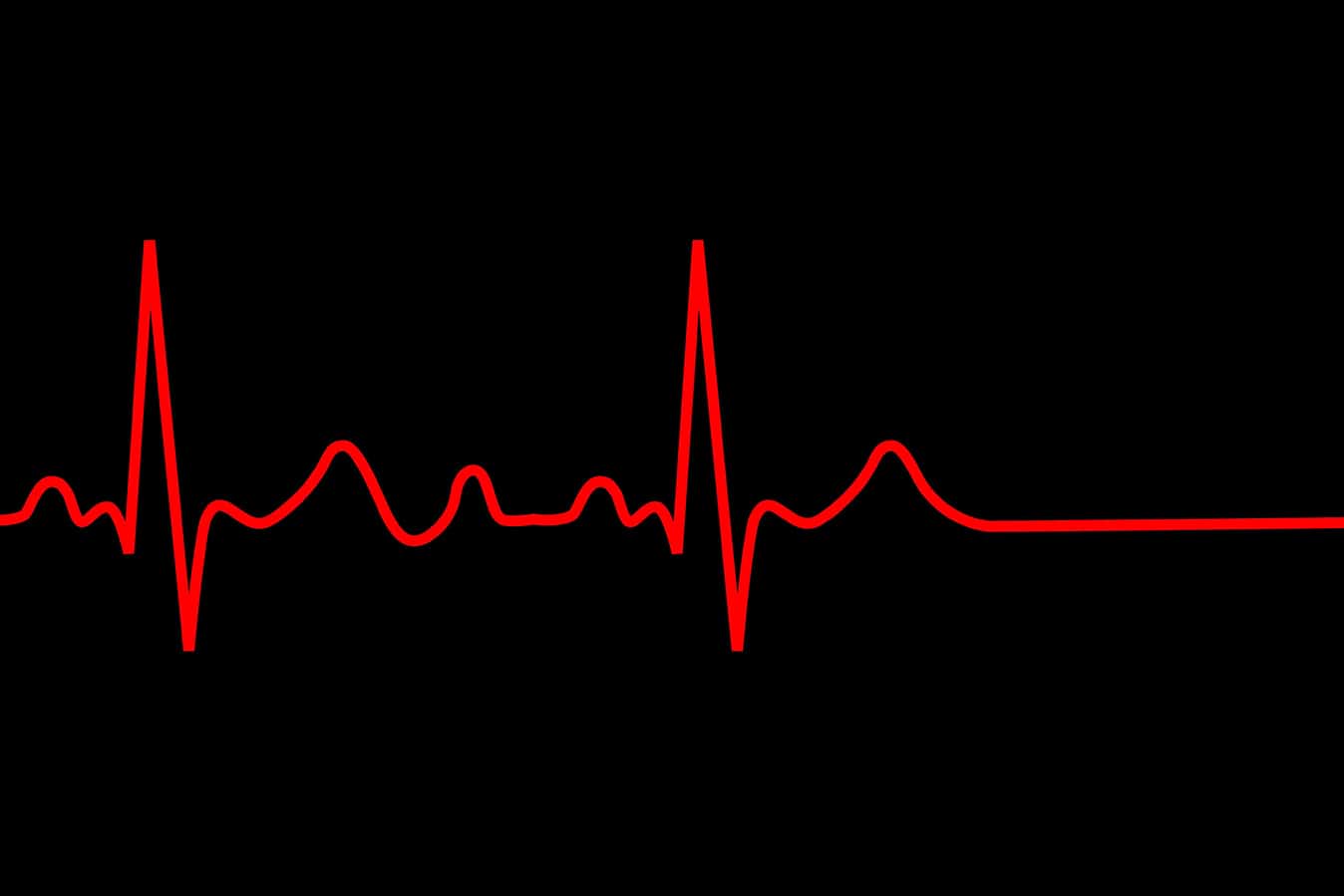An Australian study is aiming to develop a nurse-led evidence-based model of care to reduce the heightened risk of developing cardiovascular disease currently experienced by breast cancer survivors.
Breast cancer treatment increases the risk of cardiovascular disease, Australia’s biggest killer, yet researchers say no formal clinical pathway exists to prevent, monitor and manage the larger risk, leading to care that is often fragmented and variable.
Breast cancer is the most commonly diagnosed cancer in Australia, accounting for more than 13% of all new cancers and 28% of all cancers diagnosed in women.
The two-year study will develop a framework for effective, evidence-based care that embeds cardiovascular risk management into breast cancer care to enable patients to reduce their risk and access appropriate services in a timely manner whilst coping with the pressures of cancer treatment.
The project is funded by a $290,000 grant from the National Breast Cancer Foundation and brings together Flinders University cancer, cardiology and nursing experts who will develop the integrated care model across cancer and cardiology.
Project lead, Professor Bogda Koczawara, who runs the Cancer Survivorship Research Group at the Flinders University for Innovation in Cancer, says many cardiovascular risk factors can be addressed through lifestyle interventions.
“These include weight reduction, diet, exercise as well as medication,” Professor Koczawara says.
“While guidelines exist for managing cardiovascular disease during cancer treatment, the risk factors not related to cancer are often neglected – meaning strategies to improve heart prospects for cancer survivors can be overlooked.
“Neglecting these represents a missed opportunity for better outcomes in terms of cancer and cardiovascular disease.”
The research team also includes Flinders College of Nursing and Health Sciences’ Professor Robyn Clark, a Fellow with the Heart Foundation, who underlined that the project would demonstrate the vital role nurses play in cardiac and cancer care.
“The outcome will be a practical model, led by nurses, which will facilitate a safe journey through cancer treatment and give breast cancer survivors every opportunity to significantly reduce their risk of heart disease,” Professor Clark says.
“We will also be evaluating how it’s impacting on actual health outcomes – including quality of life, and cardiac events.”








